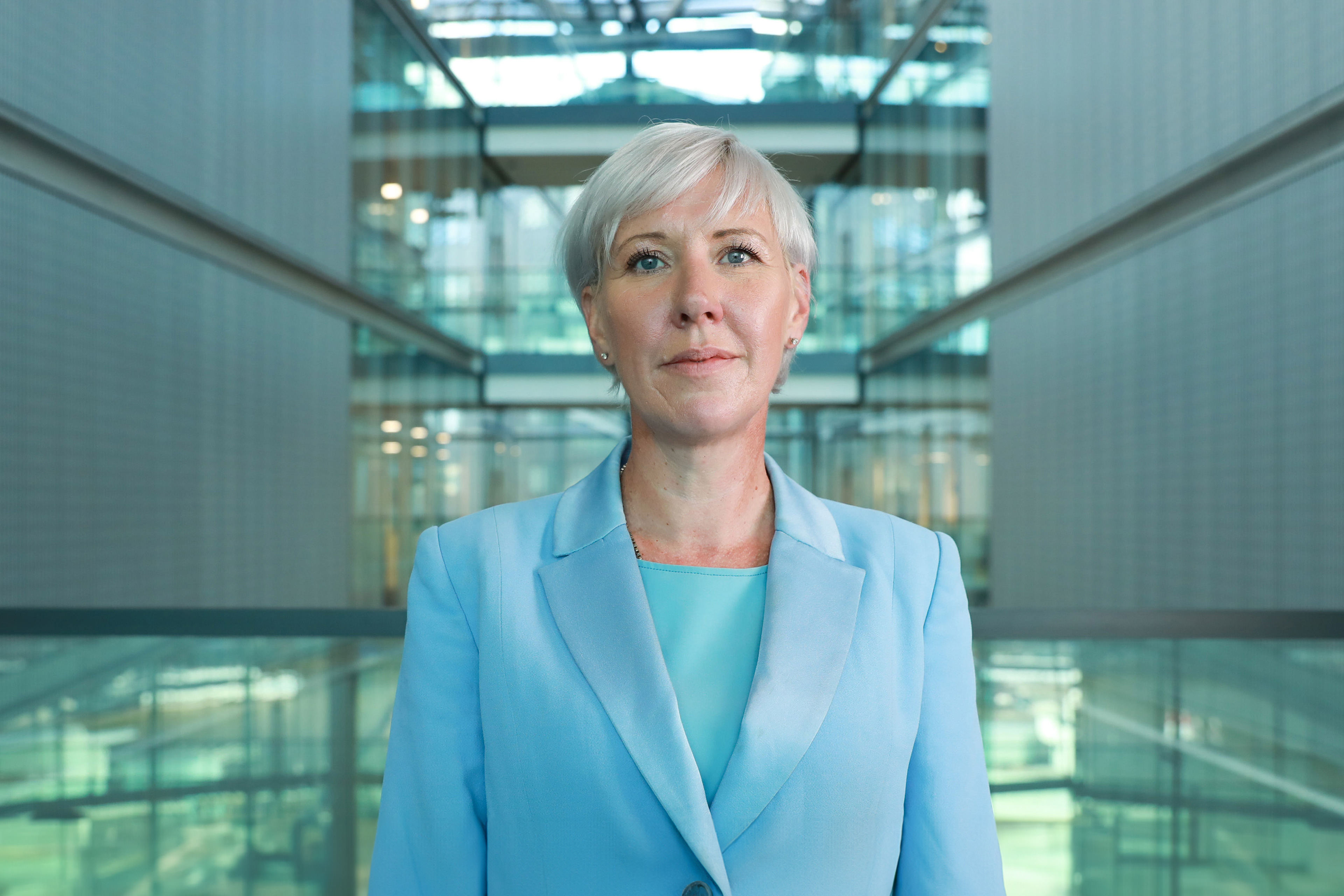Financial services investors are positive about the UK’s future attractiveness
Alongside the FDI figures, I was curious to see how investors responded when asked how they think the UK’s attractiveness will evolve over the next three years as an indicator of how the investment figures could change in the short term. In our latest survey, 92% of the global investors stated they believe the UK will retain the same level of attractiveness or improve over the next three years — a record high, and up from 90% in November and 75% in April 2021. It is really encouraging to see that, despite the current global economic and geopolitical challenges, investor sentiment around future attractiveness and planned investment in the UK is so positive.
The survey also shows that investors have re-prioritised the financial services sector as a key growth driver in the short term. The digital economy is seen as the biggest growth driver in the UK (moving up from second place in our last survey), likely reflecting the increased adoption of new technologies and a greater focus on hybrid working. But in this latest survey, the financial services sector has moved up into second place, with almost half of the investors (47%) believing it will drive UK growth — up from 33% a year ago.
The importance of ‘levelling up’ is more apparent than ever before
Perhaps unsurprisingly — given its deep-rooted history and global recognition — London remains the top European city for financial services FDI, although we are seeing movement within other regions and cities. Within the UK, this latest survey shows that the West Midlands has replaced Scotland as the second-largest recipient of financial services projects (a title Scotland held for seven years), and Northern Ireland, the South East and the South West of England have all experienced growth. In terms of the UK Government’s levelling-up policy, 63% of the investors said they would look to invest in regions where Government support was available. Meanwhile, at a European level, Paris has moved up the ranks, securing 38 finance projects in 2021 (up from 21 the year before) — its highest number over the last 10 years.
Sustainable finance and climate change continue to dominate the agenda
The pandemic has driven an increased spotlight on sustainable finance and climate change risk, and 89% of the financial services investors said it was important — when considering where to invest — that countries have strong, sustainable climate policies in place. This result highlights that UK firms must continue to prioritise the sustainable finance agenda. This will help ensure that we collectively raise standards and offer the right environment for environmental, social and corporate governance (ESG) investment. The UK has strong, sustainable finance credentials and there is an opportunity to lead globally on this agenda. When looking at our survey results, this could go some way in helping the UK to ensure it remains as attractive as possible to potential investors.
What the UK needs to do to improve its attractiveness
The increased competition and narrowing of the gap with France emphasise the need for the UK to ensure that it is doing all it can to demonstrate market attractiveness to potential investors. We know from our survey that the top three priorities for investors are: progress on levelling up (40%); improving social infrastructure — which has rapidly climbed in importance to 30% (and was not within the top three priorities captured in our last survey) — and improving the skills of the UK workforce (28%) — which had the same position in our last survey. This provides a helpful guide to Government and industry in terms of what those looking inward are keen to see if they are to invest in the UK.
The UK is a world-leading financial services market and much of what it takes to lead on FDI comes naturally. However there is no room for complacency. With other markets mounting an increasingly strong challenge, it is more important than ever that the UK actively looks to improve its offering to potential investors. The risk of not doing so is that the UK will lose its leading position as the recipient of foreign investment — a position it has held since we started tracking FDI data.





